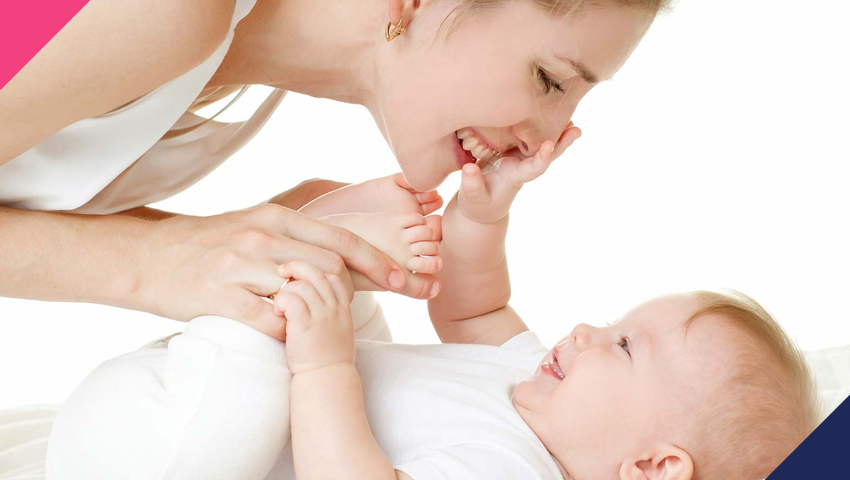Understanding Attachment Theory
- 3.5 Hours

ONLINE
LEARNING

LOCATION
TRAINING

Introduction
If any baby fails to develop the capacity for attachment at the critical stage then there is no foundation from which to transfer or attach directly to others later in life and this can be an issue which stays with that person for the rest of their life.
John Bowlby (1907 – 1990) passionately believed that human behavioural problems and poor mental health could be directly linked to early babyhood similar to Freud.
Bowlby suggested that through his evolutionary theory of attachments all children come into the world genetically pre-programmed biologically to actually form attachments with others ‘naturally’ because this will help in survival which contributes to the development of the human race.
Course Contents
- What is attachment theory
- John Bowlby’s studies
- Psychologists versus Behaviourists
- Mary Ainsworth – Strange Situation Study
- Harry Harlow’s Studies
- Rudolph Schaffer and Peggy Emerson
- Stages of attachment
- Factors that influence attachment
- Attachment and self-image
- Kagan’s alternative theory
- Belsky and Rovine’s Theory
- Later effects
- Adult attachment styles
- Attachment styles and relationships
- Insecure attachment styles in healthcare settings
- Bartholomew and Horowitz’s theory
- Maunder and Hunter model
- Effects on physical and mental health
- Attachment and health behaviours
Course Outcomes
Successful completion of this training course will result in the award of a CPD accredited certificate covering all aspects of the above course contents.


